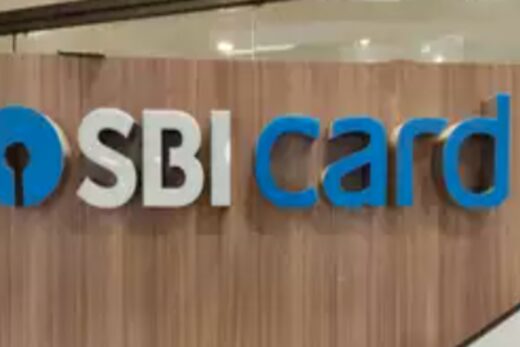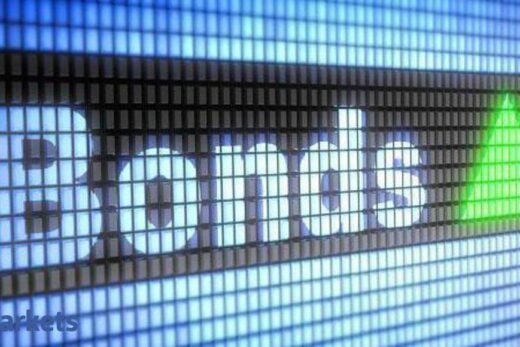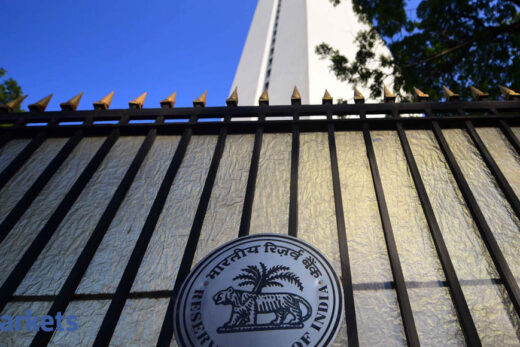If they hide these investments from the taxman, they may be pulled up later. But if they share the information while filing their annual income tax returns, they may be questioned on the legality of transactions they undertook. Some have acquired Bitcoins and other popular crypto currencies from international sellers by transferring funds from India under the Reserve Bank of India’s liberalised remittance scheme (LRS) which allows a resident to invest up to $250,000 a year abroad in stocks, bonds and properties among other things.
Others have purchased cryptos online from foreign sellers using their debit and credit cards. But there are question marks whether the LRS route and bank cards can be used to buy cryptos abroad. Bankers who remit LRS money say the facility cannot be used for direct purchase of Bitcoins from India as it does not figure in the permissible list of capital account transactions.
It’s one thing to subscribe to Coinbase IPO, but it’s another thing to buy Bitcoins directly. At least, that’s the impression they gather in their interactions with RBI.
But what if a person avails the LRS window to open a dollar or Euro account with a bank overseas and subsequently uses the money to buy Bitcoins abroad? Well, it’s none of our business, the bankers say. But is it beyond RBI’s jurisdiction as well? A RBI spokesman declined to comment on whether one can invest in cryptos under LRS. The use of debit or credit cards is done under the pretext that trades in cryptos are ‘current account’ (not capital account) transactions—a stand that can be challenged.
 ET Bureau
ET Bureau“While there is no specific provision dealing with purchase of Bitcoins under the LRS and while RBI has not specifically banned crypto currencies in India, there remains ambiguity whether individuals would be permitted to purchase the same. Further, in the absence of clarity on whether crypto currencies amount to “currencies” or merely a “contract / digital asset” in the hands of the recipient, it would be difficult to classify the same for reporting under the LRS since the fields provided for reporting under the form do not provide for such a disclosure,” said Tushar Ajinkya, founder and managing partner, ThinkLaw. However, according to Jaideep Reddy, leader (technology law) at Nishith Desai Associates, the RBI has not clarified the treatment of crypto-assets under FEMA but has stated that they do not amount to currency.
“They could hence be treated as intangible assets like intellectual property or software. Import of an intangible asset is permitted as a current account transaction. However, every transaction has to be analysed according to its specific facts and context,” said Reddy. Even as ambiguity prevails on the use of LRS, investors are now grappling with the dilemma over disclosure. Resident Indians are required to mention details of foreign bank accounts (including accounts in which they are signing authorities), immovable properties, or other assets located outside the country.
Here, the question that crops up is: should resident Indians disclose their overseas crypto holdings while filing returns for the assessment year 2021-22? A spokesperson for the direct tax body CBDT refused to comment while the professional accounting body ICAI had no views to share on the subject. Some of the tax professionals have told their clients to avoid cryptos while investing under LRS. “We believe RBI does not allow the use of LRS for purchase of crypto currencies as these are not in the list of permitted securities specified for purchase under LRS. However, no action has been taken by RBI till now as it may not have collected the data,” said Rajesh P Shah, who heads the research committee of The Chamber of tax Consultants.



